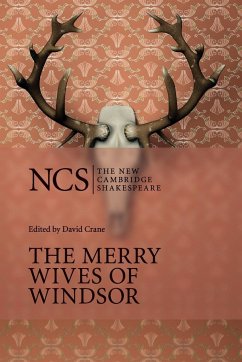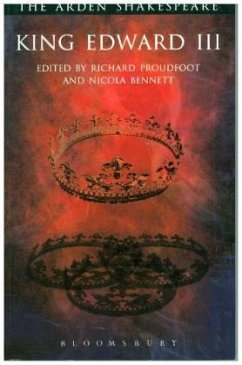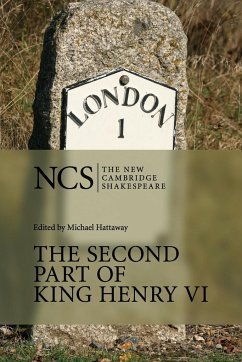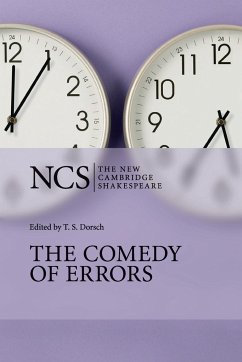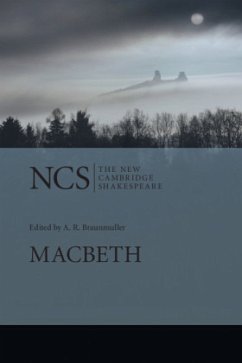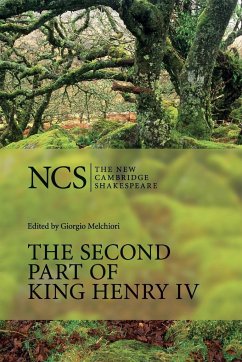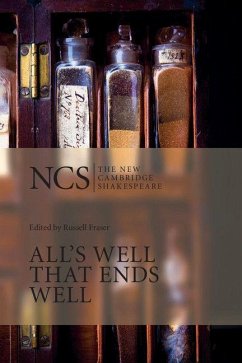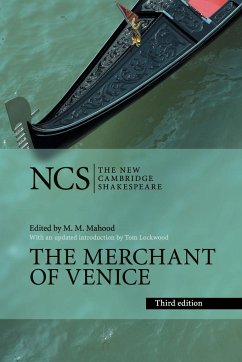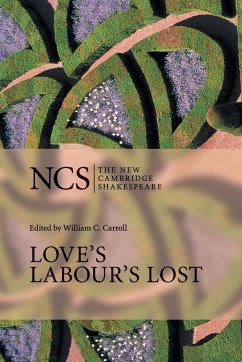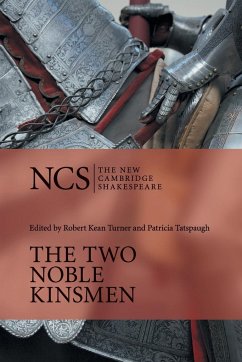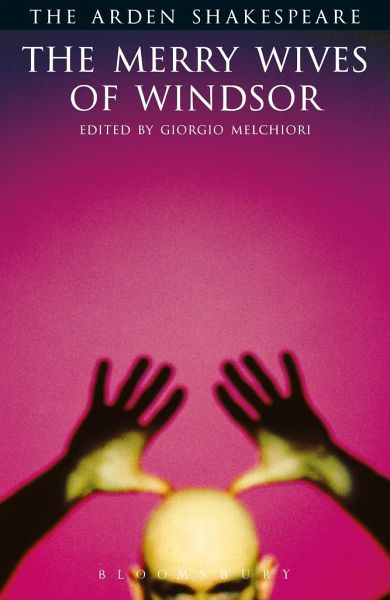
The Merry Wives of Windsor
Third Series
Herausgegeben von Melchiori, Giorgio
Versandkostenfrei!
Sofort lieferbar
14,99 €
inkl. MwSt.

PAYBACK Punkte
7 °P sammeln!
"A significant and substantive edition, in that nothing has been taken for granted, everything has been opened to reconsideration. The commentary is exceptionally detailed and attentive to questions of language and meaning." - Shakespeare QuarterlyThe Merry Wives of Windsor, Shakespeare's only thoroughly English comedy, created an archetypal literary figure in the shape of the devious, irrepressible John Falstaff. This stimulating edition celebrates the play as a joyous exploration of language, but also places elements of its plot firmly in a continental, specifically Italian, tradition of rom...
"A significant and substantive edition, in that nothing has been taken for granted, everything has been opened to reconsideration. The commentary is exceptionally detailed and attentive to questions of language and meaning." - Shakespeare Quarterly
The Merry Wives of Windsor, Shakespeare's only thoroughly English comedy, created an archetypal literary figure in the shape of the devious, irrepressible John Falstaff. This stimulating edition celebrates the play as a joyous exploration of language, but also places elements of its plot firmly in a continental, specifically Italian, tradition of romantic comedy. It draws out the complexities of Merry Wives as a multi-plot play, and takes a fresh and challenging look at both textual and dating issues; a facsimile of the first Quarto is included as an appendix. The play's extensive performance history, both dramatic and operatic, is fully explored and discussed.
The Merry Wives of Windsor, Shakespeare's only thoroughly English comedy, created an archetypal literary figure in the shape of the devious, irrepressible John Falstaff. This stimulating edition celebrates the play as a joyous exploration of language, but also places elements of its plot firmly in a continental, specifically Italian, tradition of romantic comedy. It draws out the complexities of Merry Wives as a multi-plot play, and takes a fresh and challenging look at both textual and dating issues; a facsimile of the first Quarto is included as an appendix. The play's extensive performance history, both dramatic and operatic, is fully explored and discussed.




